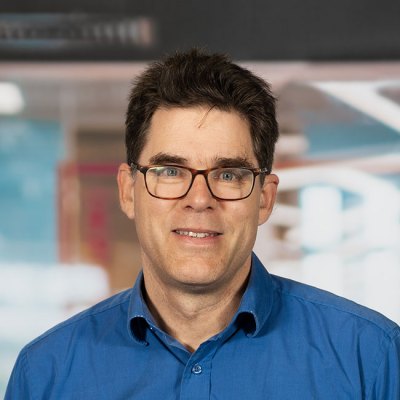Precision medicine – highly accurate diagnoses linked to specific or personalised therapies – is changing the shape and future of medicine. Detailed, accurate diagnostics are being delivered in increasingly targeted, reliable and accessible forms. Remarkable deep tech innovation is opening up transformative patient treatments, but we mustn’t take our eye off the need to keep pushing to help patients with rare diseases.
Rare diseases make up 20% of cases, with patients in the large, rare disease universe offering suffering from complex and debilitating conditions. Precision medicine is following a well-trodden path in science where rich high-quality data – in this case often provided by whole genome sequencing – is coupled with powerful data analysis. AI and ML are used to produce hypotheses regarding the accurate diagnosis of disease.
These then lead to the development of specific and often simplified tests to validate the hypothesis. Essentially, we are mining the rich omic data in its fullest to identify clues to disease which we then build practical tests for. These tests could concentrate on certain genes and mutations, accessible through targeted sequencing, or lead to the development of specific biomarker tests creating a route to wider clinical uptake.
The precision medicine journey
The methodology is propelling a journey from complex genetic information to practical tests which are linked to new targeted therapeutics. This is transforming the survival rates of various cancers, from melanoma to lung cancer, and changing the lives of thousands of patients. The journey complements traditional approaches to therapies with relatively large cohorts of patients being stratified into groups for which a simplified test can be developed and then linked to a specific therapeutic approach.
While the patient stratifications are smaller than traditional groupings, they are still large enough to elicit the investment necessary to develop the therapies and for the organisation and management of clinical evidence required by regulators.
Treatment of rare diseases stands to gain from the incredible detail provided by whole genome sequencing but suffers, by definition, from the fact they each represent relatively small cohorts of patients. This creates business viability issues within pharmaceutical companies. Why develop a therapy for a rare disease when the drug discovery, testing and supply costs may be the same as for a therapy with a larger cohort of patients? It also creates regulatory issues when the classic clinical trial structure is difficult or impossible to implement with small target groups.
I discussed this dilemma with fellow attendees at the recent Advances in Genome Biology and Technology (AGBT) precision medicine conference in San Diego. The painful truth is that the standard medical regulatory industry and regulatory framework could fail these patient groups. But solutions do exist – and it is the responsibility of all of us in the precision medicine industry to work together to ensure a route to treatment is available for patients.
Firstly, the regulatory landscape is changing and adjusting with the FDA and other bodies opening up alternative regulatory routes. They recognise the difficulty of running efficacy orientated clinical trials and are concentrating on toxicity only. This is a great opportunity for all of us and we should support both pharmaceutical companies and regulators in navigating these new pathways.
Similarities in rare diseases
Secondly, precision diagnostics gives an unparalleled view of the underlying mechanisms of disease. This can be leveraged to look for similarities as well as differences in rare diseases – opening the way for similar but different treatments. It is this which we should be supporting fully, helping pharmaceutical companies generate libraries of therapies made up from particular generic latches and functional components.
By working to bring fundamental science and the engineering of therapies together alongside offering support and guidance to regulators we can all ensure rare diseases get the impactful and practical treatments they deserve. Along with colleagues here at CC, I’m determined to do my part as we work to deliver the fundamental technology enabling precision medicine from biology, optics, fluidics, software, user interaction and more. Email me if you’d like to discuss this crucial topic in more detail.





